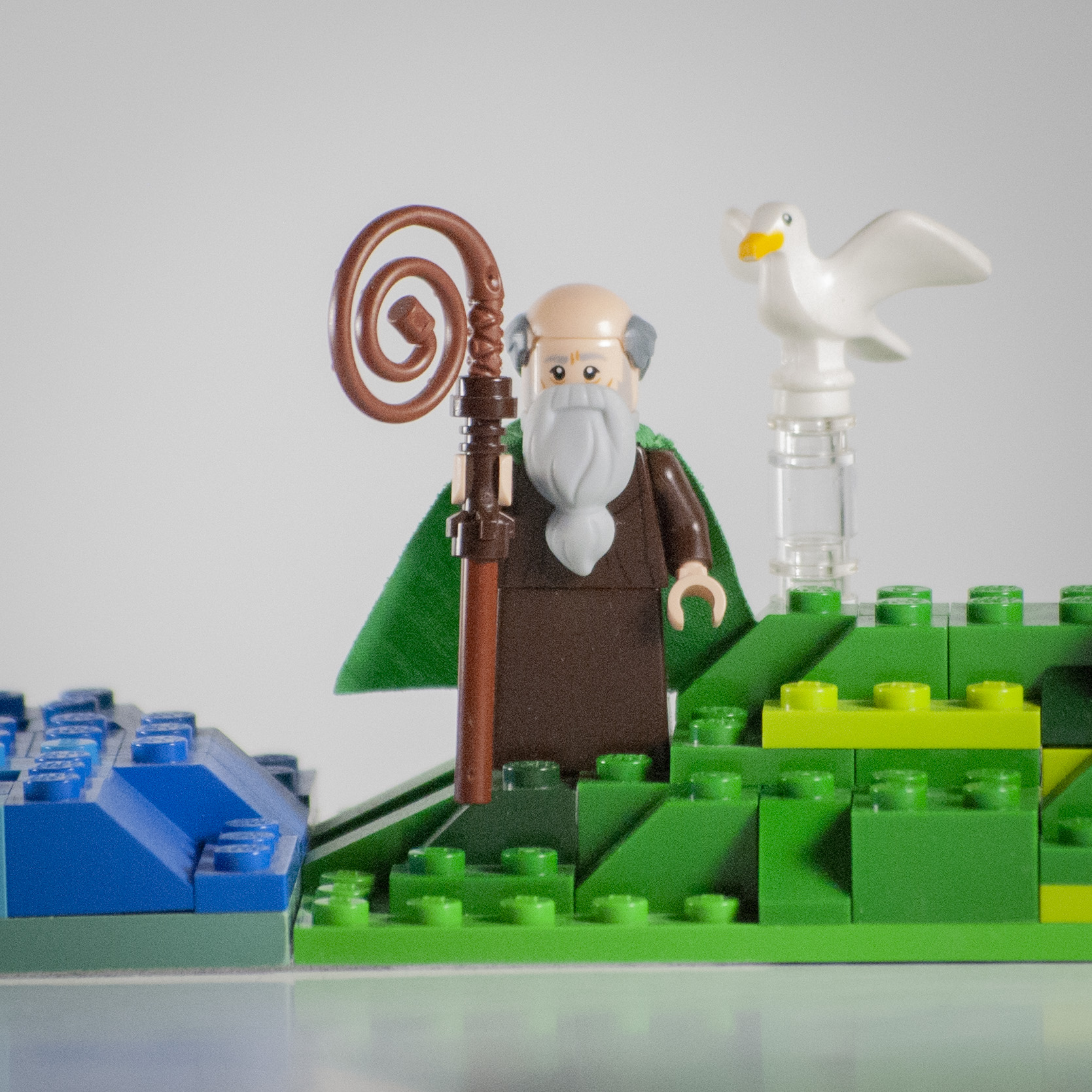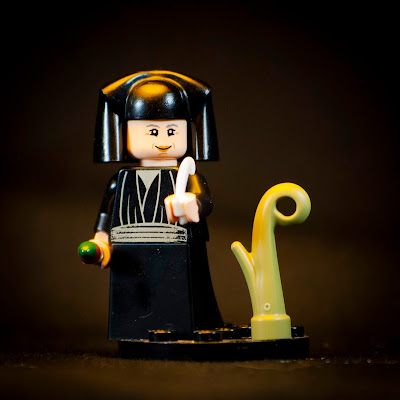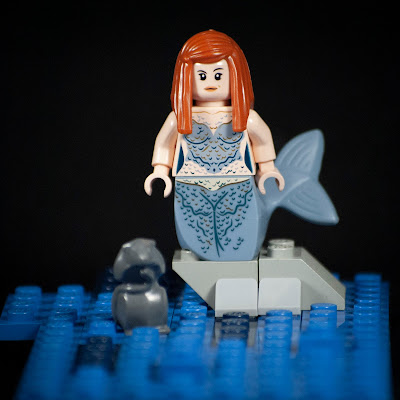St. Columba of Iona
Along with Saints Patrick and Brigid, Columba is one of the patron saints of Ireland. Because of his relocation to the island of Iona, and his subsequent evangelization in Scotland, he also has patronage over that country, as well as the Irish city of Derry. He's also considered one of the Twelve Apostles of Ireland.
Lifetime: 521 to 597
Region: Ireland; Scotland
Patronages: Floods; Bookbinders; Ireland; Scotland
Iconograpy: Celtic tonsure; Dove or seabird; Coastline
Feast Day: June 9
Region: Ireland; Scotland
Patronages: Floods; Bookbinders; Ireland; Scotland
Iconograpy: Celtic tonsure; Dove or seabird; Coastline
Feast Day: June 9
Legends around Columba's life abound, and it's impossible to know for sure what is true about his life, but his impact as an evangelist in Scotland, among the Picts, and in his native Ireland are undeniable.
One legend is that Columba was exiled from Ireland for starting the first recorded copyright conflict. According to the story, he copied a psalter he was borrowing from a friend without permission. When the friend demanded that he had no right to the copy, and appealed to the king to back him, Columba gathered an army of his clan to defend his right to hold it. The battle is now often known as the Battle of the Book due to this legend. Around 3,000 warriors died in this battle, and some believe that it was because of this fight that Columba was exiled from Ireland to the island of Iona, where he lived out his life. However, others claim other causes for the battle, and there is reason to believe Columba was never actually exiled and instead went to Iona of his own volition.
According to another story, Columba tried to build his monastery on Iona but it kept falling down. He received a prophecy that it would only stand if someone were buried alive into the foundation. Columba's friend, St. Oran, volunteered to sacrifice himself for the mission. Surprisingly, that isn't the end of the story, however. Oran returned with strange warnings from the afterlife. One of my favorite authors, Neil Gaiman, has an excellent poem telling the legend of Oran:
Another myth around St. Columba is that he was the first recorded person to encounter the Loch Ness Monster, a.k.a. Nessie. The story goes that his mission to evangelize the Picts was disrupted because his disciple was eaten by a strange water beast in the River Ness (which flows out of the Loch Ness). Columba approached the river himself, and when the monster appeared, he repelled it with the sign of the cross and prayer, and his mission continued on successfully.
Personally, I find a kindred spirit in St. Columba. He wrote poems and hymns, of which we still have several, and he was prone to errors of his own, as illustrated by the Battle of the Book. He is even believed to have transcribed over 300 books himself, as well as establishing several monasteries. Irish monasteries along these traditions may be the only reason we still have access to many ancient texts such as some Greek plays, Roman essays, and even some versions of scripture. In much of the rest of Europe, during the Dark Ages, illiteracy was high and many of these texts were lost or destroyed, but Irish scriptoria spent these centuries preserving any texts they could get their hands on. (Read How the Irish Saved Civilization for a really interesting look at the impact of these monasteries.)
Because he's such an influence for me, I recently wrote a poem about St. Columba, in my attempt at the Irish form of a dechnad cummaisc:
ColumcilleA dechnad cummaiscBy Jon James
Gospel pirate of Donegal,your green blood seepsthrough drumlin, bog, and lochthrough chalk, through me.Your stones sing to me from Iona,abbey in exile.Odran's bones clatter a drumbeatof peat and isle.Call me home, warrior priest --or have me stay.Exile, like yours, may be my call;I scrawl and pray.Conqu’ror of the Loch Ness beast,how did you learnwhich zeal to grow and enrichand which to burn?How many times on that islanddid you recite"Yet not my will, but Yours be done"and shun your plight?Carrying our pages and ink,we beg to quit.For Ireland yearns for us both -we grow toward it -where holiness springs from the ground,fertilized bythe pangs of all the green martyrs,not earth gone dry.But God had a plan for you thereo Columcille:Kells, and all the works you begot,so, not my will.Gospel pirate of DonegalYour green blood seepsThrough drumlin, bog, and lochThrough chalk, through me.






